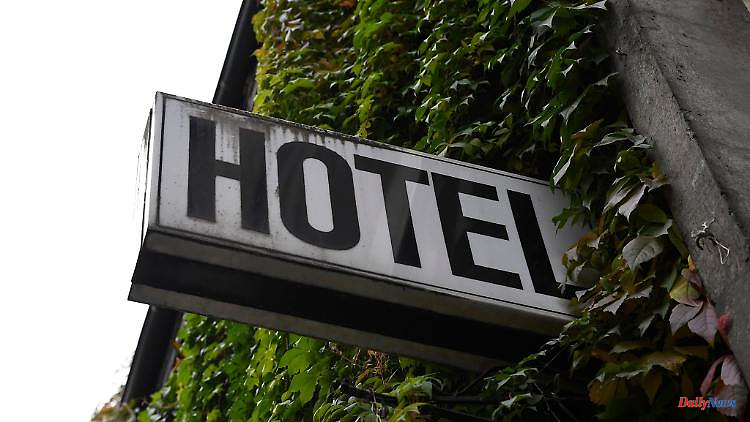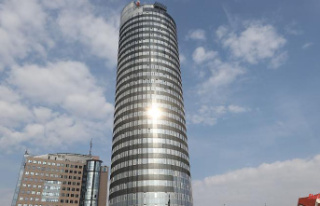Rostock/Schwerin (dpa/mv) - According to the Hotel and Restaurant Association (Dehoga) in Mecklenburg-Western Pomerania, high gas prices and impending energy supply gaps are increasingly causing existential difficulties for restaurateurs. "The feedback from the industry regarding the cost increases in energy procurement is dramatic. Many companies are telling us that they want or have to close this winter or even forever," said the President of the Dehoga regional association, Lars Schwarz, on Tuesday after meeting his East German counterparts.
The hospitality industry as a service industry is not only personnel-intensive, but also enormously energy-intensive. However, the current cost increases could no longer be absorbed or even enforced as a price on the market. "It is therefore only logical that entrepreneurs and employees need reliability in terms of security of supply and affordability of energy," Schwarz appealed to politicians.
He expressed skepticism about the sanctions imposed on Russia for attacking Ukraine. According to the announcements by politicians, these sanctions should not burden Germany, its economy and society as a whole more than Russia. “However, we are concerned that this red line has been crossed. Proportionality must be maintained here. Our companies, our employees and the population are already suffering massively from the sanctions,” said Schwarz, but without directly vowing to withdraw the trade restrictions support financially.
"Should there really be supply bottlenecks or closures, appropriate aid packages must be available for the affected sectors," warned Schwarz. This affects the companies themselves and also their workforces, for whom the short-time work allowance set up in the corona pandemic is to be extended. Schwarz also campaigned for the extension of the VAT reduction on food. This is the best way to give the local gastronomy some hope in times of crisis and existential distress.
The tourism industry is one of the main economic pillars in Mecklenburg-Western Pomerania. According to the Economics Ministry, it contributes around 10 percent to the state's primary income, which is twice as much as the national average. Around 173,000 people in the north-east make their living directly and indirectly from tourism.












